1. Abigail Adams’ Grocery List to Women’s Rights
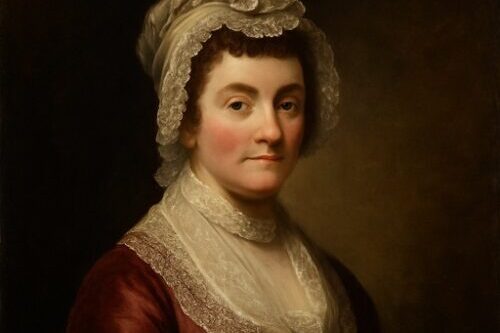
Abigail Adams once urged her husband to “remember the ladies” while drafting new laws for the fledgling nation. It started as a personal plea, almost casual, tucked into letters she wrote. That small nudge planted a seed for women’s political consciousness that would grow over centuries. Her influence showed that intimate conversations can spark ideas far bigger than armies or battles.
Her letters didn’t immediately change laws, but they changed perspectives. By reminding John Adams to consider women, she highlighted an overlooked constituency. The ripple effect influenced later reforms, suffrage movements, and the very notion of inclusive governance. A grocery-list-style nudge had a profound social impact decades down the line.
2. George Washington’s Cherry Tree Moment
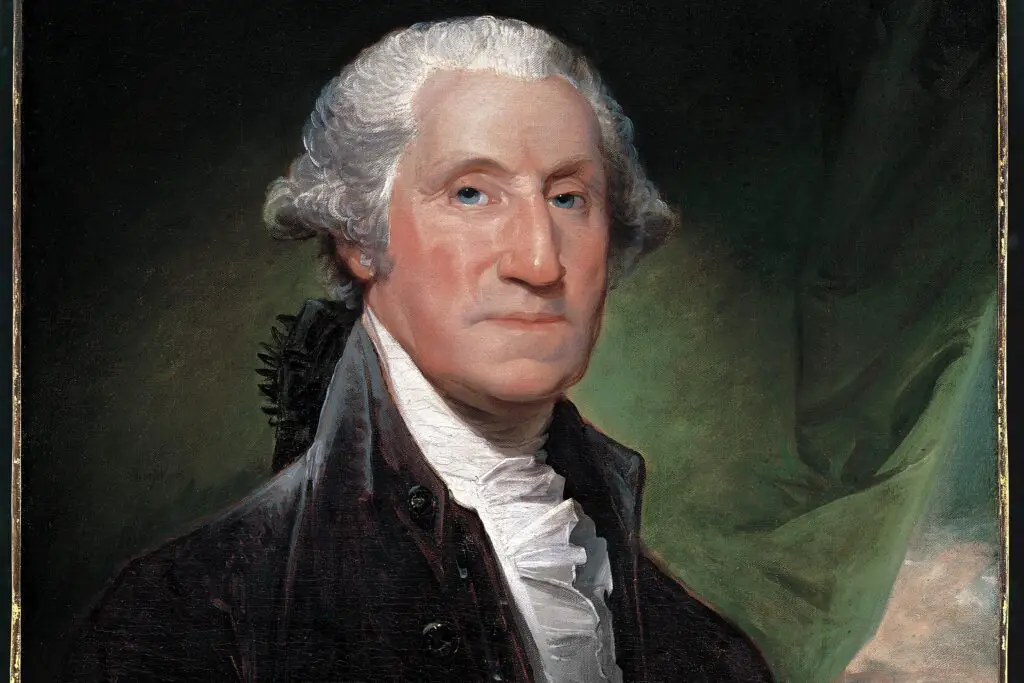
Legend has it that young George Washington admitted to chopping down his father’s cherry tree. While it’s debated if it really happened, the story shaped how Americans think about honesty and leadership. Imagine a leader so trusted that the country’s future hinged on perceived moral character. That tiny decision—or story—cemented a cultural ideal that influenced generations of politicians and citizens alike.
It’s fascinating because small moments of personal integrity ripple outward. Washington’s “honesty” helped set a standard for the presidency that no military victory could match in shaping national identity. Citizens and leaders alike began valuing character as much as strategy. Over time, that trust influenced everything from electoral politics to how laws were debated.
3. The Midnight Ride That Sparked Patriot Pride

Paul Revere’s famous ride in 1775 was less about the battle itself and more about communication. By warning colonists that the British were coming, he shaped morale and readiness. His decision to ride, a spur-of-the-moment act, inspired countless Americans to join the fight. Without that ride, the symbolic power of alerting ordinary citizens might have been lost.
What’s striking is how a single act of initiative influenced national identity. Revere’s story became folklore, teaching courage and civic duty. It framed the Revolutionary War as a people-powered struggle rather than just a military campaign. Sometimes, the stories of small deeds outlast the battles themselves.
4. Benjamin Franklin’s Kite and Key Experiment

Franklin’s decision to fly a kite in a storm was pure curiosity, but it revolutionized understanding of electricity. It wasn’t a law, a treaty, or a war—it was a personal experiment. That small act helped position America as a hub for scientific thought. It showed that intellectual risk-taking could shape a nation’s reputation as much as military conquests.
By popularizing practical science, Franklin influenced education and innovation in the colonies. People started to see exploration of ideas as patriotic. It paved the way for inventions, industrial growth, and an identity tied to ingenuity. All because one man decided to chase a spark with a string.
5. Jefferson’s Library Purchase

When Thomas Jefferson sold his personal library to the government after the British burned the Capitol in 1814, it seeded the Library of Congress. A simple act of sharing books created a cornerstone of American knowledge. This small decision prioritized education and preservation over immediate politics. The collection would grow to become a symbol of national intellect.
It was also a subtle statement about democracy: information belongs to the people. By turning his private passion into public resource, Jefferson shaped a culture of learning. Wars had ravaged Washington, but one man’s decision ensured intellectual infrastructure survived. The nation’s mind grew while the cannons cooled.
6. The Pony Express Experiment
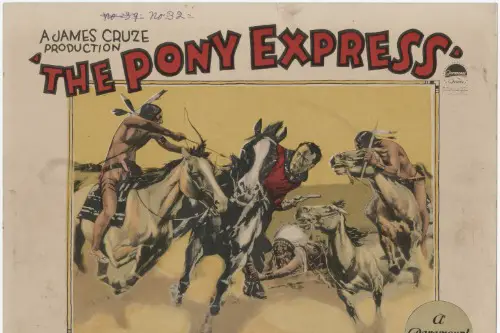
The Pony Express lasted only 18 months, but the decision to try it changed how Americans viewed communication. Riders galloped across vast landscapes, connecting coasts in unprecedented speed. That small logistical gamble influenced the development of telegraphs and later, nationwide networks. The experiment taught a young nation the value of rapid, reliable information.
The psychological effect was huge: Americans felt connected despite distances. Commerce, politics, and personal communication benefited immensely. It demonstrated that efficiency and initiative could trump brute force in nation-building. Sometimes, speed matters more than strategy.
7. Lincoln’s Choice to Grow a Beard
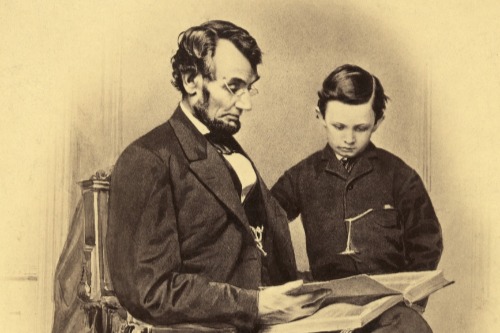
Abraham Lincoln famously grew a beard after a young girl suggested it would make him look more presidential. It seems trivial, but appearances mattered in gaining public trust and votes. Small personal choices shaped his public perception, which ultimately helped him lead during the Civil War. Even cosmetic decisions can influence national leadership.
Public perception can be as decisive as military action. Lincoln’s approachable image humanized a leader facing unprecedented crises. This tiny gesture helped cultivate the moral authority he wielded during Reconstruction. It reminds us that personal choices echo beyond private life.
8. The Louisiana Purchase Signing
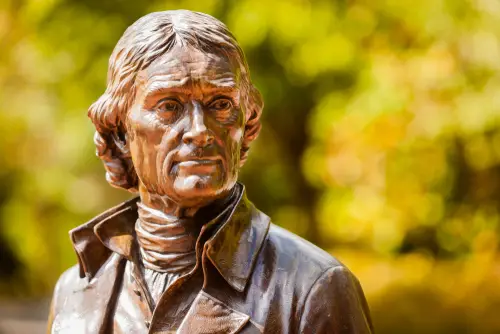
Thomas Jefferson’s choice to proceed with the Louisiana Purchase in 1803 was technically outside his strict constitutional interpretation. But by doing so, he doubled the size of the United States overnight. A single decision about land acquisition changed the nation’s economic and geopolitical trajectory. It was not a war, yet it expanded power and resources immensely.
Jefferson’s leap of faith showed pragmatic decision-making can outweigh rigid ideology. Future wars would not have given Americans as much land or potential wealth as that quiet pen stroke. Small acts of courage in policy-making can leave outsized marks. The map of the nation bears his signature.
9. FDR’s Fireside Chats
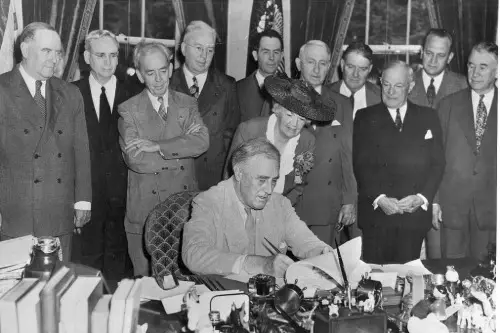
Franklin D. Roosevelt’s decision to speak directly to Americans via radio during the Great Depression transformed leadership. It wasn’t a military move—it was a conversational, reassuring gesture. Those chats built trust, eased panic, and shaped public opinion. A small communication choice proved more stabilizing than many conflicts.
It humanized the presidency, showing that listening and speaking matter more than issuing commands. By fostering a personal connection, FDR influenced how Americans engaged with government. His decision became a model for media-driven leadership. Words, it turns out, can hold a country together as much as armies.
10. The Decision to Standardize Time Zones
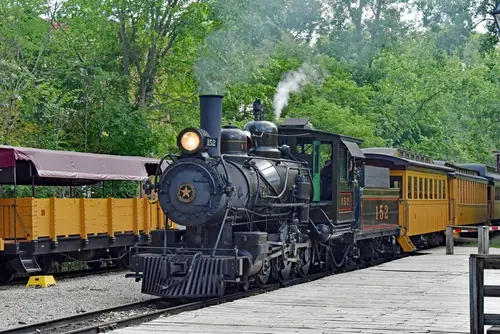
In the 1880s, railroad companies proposed standardized time zones to prevent scheduling chaos. It seems mundane, but agreeing to uniform time transformed commerce and daily life. The decision enabled safer rail travel and more efficient trade across states. It shaped the modern American concept of synchronized society.
Before this, local “sun time” ruled, causing confusion and accidents. One small standardization decision created a predictable framework for national coordination. It affected everything from business hours to broadcast schedules. A tiny administrative choice became the invisible backbone of national order.
11. The Creation of the National Parks System
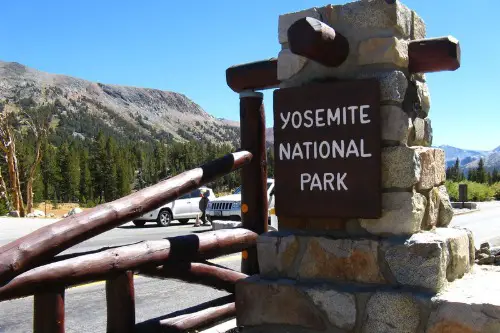
President Theodore Roosevelt’s decision to protect natural lands was a conscious choice, not a response to external pressure. By establishing the National Parks system, he preserved landscapes that wars might have left scarred. These protected areas fostered tourism, environmental awareness, and national pride. A small executive action created cultural and ecological legacies.
The parks also helped define the American identity as one tied to wilderness and exploration. Without this decision, much of the country’s natural heritage could have been lost to industry. Roosevelt’s foresight shows how visionary choices can outlast military victories. Nature became a pillar of nationhood.
12. Rosa Parks Sitting Down
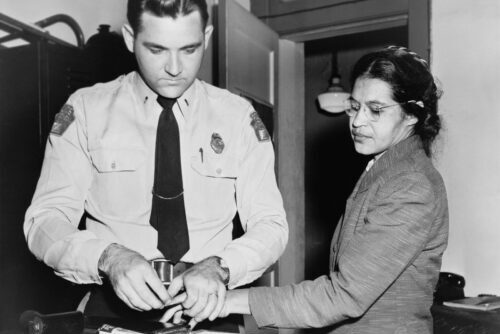
Rosa Parks’ decision to stay seated on a Montgomery bus in 1955 was a singular act of defiance. She didn’t lead an army, but her choice ignited the Civil Rights Movement. That small moment catalyzed a nationwide push for equality and legislative change. The ripple effects reshaped American social and political life more profoundly than many wars.
Her courage proved that personal choices can challenge systemic injustice. Parks’ sit-down created collective momentum for activism. It showed that individual resistance can reshape culture and law. One quiet act in a bus seat became a turning point in history.
This post 12 Times Small Decisions Shaped the U.S. More Than Wars Ever Did was first published on American Charm.


